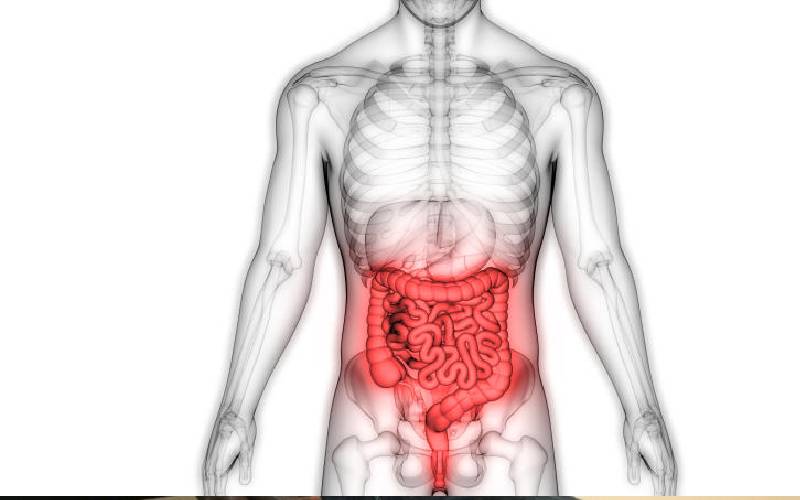
You have been exercising and cut out junk food but your weight isn’t budging. What could be the problem? Chances are, it is your metabolism. Simply put, metabolism is how your body turns calories into energy. A slow metabolism means that the body holds on to calories, causing unwanted weight gain. A slow metabolism can be caused by medical issues like:
1. High cortisol levels
One of the most common medical causes of slow metabolism is when your body produces too much cortisol, otherwise known as “the stress hormone".
Normal levels of cortisol in the body work together with other hormones and chemicals to help you burn fat. However if you have excess cortisol levels, which can happen when you’re stressed over a long time period, it might slow down your metabolism. You might also have excess cortisol if you have a medical condition called Cushing’s Syndrome, a disorder which causes the adrenal glands to release too much cortisol into your bloodstream.
2. High insulin levels
Insulin is mostly implicated in blood sugar management but it also affects lipid, carbohydrate and protein metabolism. High insulin levels in your blood can also lead to insulin resistance, signalling the pancreas to produce even more insulin. This creates a vicious cycle which may progress to type 2 diabetes.
Insulin resistance is closely associated with obesity- the two have a chicken-and-egg relationship. High insulin levels can lead to obesity, while obesity can lead to insulin resistance. However, it’s also possible to have insulin resistance without being overweight or obese.
Studies have found that high insulin levels can be triggered by stress. A study from Ohio State University’s Wexner Medical Centre found that women who reported being stressed had higher levels. The subjects were given the same high calorie meal, after which their insulin levels were measured by the researchers. The women who reported being stressed burned 104 calories less than their counterparts – which could add up to 11 pounds of weight gain in a year.
You can reduce insulin levels through low-carbohydrate or ketogenic diets, eating low-calorie meals, having weight loss surgery, and a regular exercise routine.
3. Thyroid problems
The thyroid in an endocrine gland which plays a vital role in metabolism, growth, and development of the human body. When the thyroid gland fails in its functions, various body functions including metabolism are affected. If you don’t make enough thyroid hormones, a condition known as hypothyroidism, your metabolism will slow down.
The most common type of hypothyroidism is Hashimoto’s disease, an autoimmune disease that affects the thyroid gland. People who have Hashimoto’s produce antibodies which attack the thyroid gland. Experts are not very clear on how the thyroid affects metabolism. However, they know that thyroid hormones increase the body’s oxygen consumption, which affects the basal metabolic rate. Therefore, patients with hypothyroidism consume less oxygen which in turn means they have lower basal metabolic rates.
4. Unbalanced hormones
For women, this is mostly due to low oestrogen levels, and for men low testosterone levels.
If you’re a menopausal or post-menopausal woman, you might notice weight gain or feeling constantly fatigued- which could be symptoms of slow metabolism. Lack of oestrogen typically boosts weight gain while decreasing muscle mass. On the other hand, as men grow older, their testosterone levels decline, which consequently leads to decrease in muscle mass and weight gain. In a study published in the Journal of Endocrinology in 2013, researchers found that low testosterone levels had major influence on body fat composition, reduced insulin sensitivity, and impaired glucose tolerance.
 The Standard Group Plc is a multi-media organization with investments in media
platforms spanning newspaper print
operations, television, radio broadcasting, digital and online services. The
Standard Group is recognized as a
leading multi-media house in Kenya with a key influence in matters of national
and international interest.
The Standard Group Plc is a multi-media organization with investments in media
platforms spanning newspaper print
operations, television, radio broadcasting, digital and online services. The
Standard Group is recognized as a
leading multi-media house in Kenya with a key influence in matters of national
and international interest.











